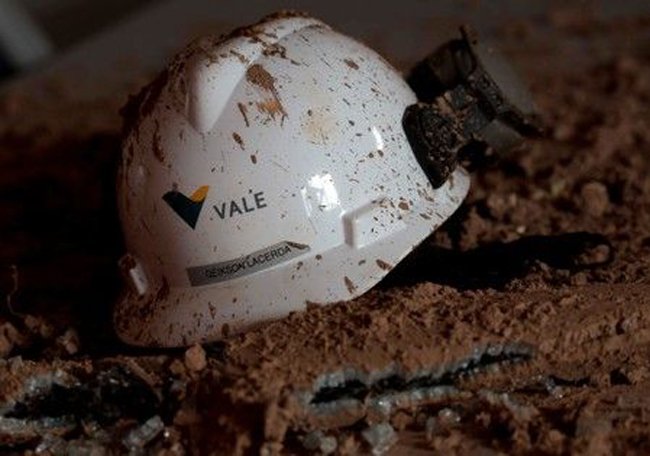The Ministry of Mines and Energy in February ordered the National Mining Agency (ANM) of Brazil to investigate the disaster, which was due to end in August.
However, as the minister said in an interview, the investigation period is likely to be extended by another 180 days, due to the difficulty of accessing the disaster area.
A dam, accumulating mining waste, collapsed on January 25 at the Vale mine in Brumadinho, located in the state of Minas Gerais, and a stream of sludge buried people and buildings beneath it.
According to Oliveira, “many aspects of the disaster remain unclear ... It is important to know the real truth about what happened.”
Brazilian mining giant Vale has agreed to pay more than $ 100 million in collective non-pecuniary damage and $ 200,000 each to close relatives of the nearly 300 people killed in the January tailings collapse at the Brumadinha iron ore mine.
The ANM probe is currently investigating violations of mining regulations and other administrative regulations, while police are investigating criminal offenses at the same time.
A Senate investigation that concluded earlier this month recommended a series of measures aimed at preventing further natural disasters, expanding the list of environmental crimes and imposing a miner tax to 40 percent.
Industry analysts say such major changes are unlikely, but more modest tax increases and additional security requirements are possible.
Oliveira said the Senate committee's findings should be respected, although it is unclear whether the government will accept his recommendations. The government needs more time to analyze them, he said.
Earlier this month, a Brazilian Senate committee said that Vale CEO Fabio Schwarzman and the company's chief financial officer Luciano Ciani Pires should be charged with premeditated murder. The committee also recommended that 13 others be indicted and said Vale and dam stability auditor TÜV SÜD should be held accountable for environmental damage and corporate responsibility.





